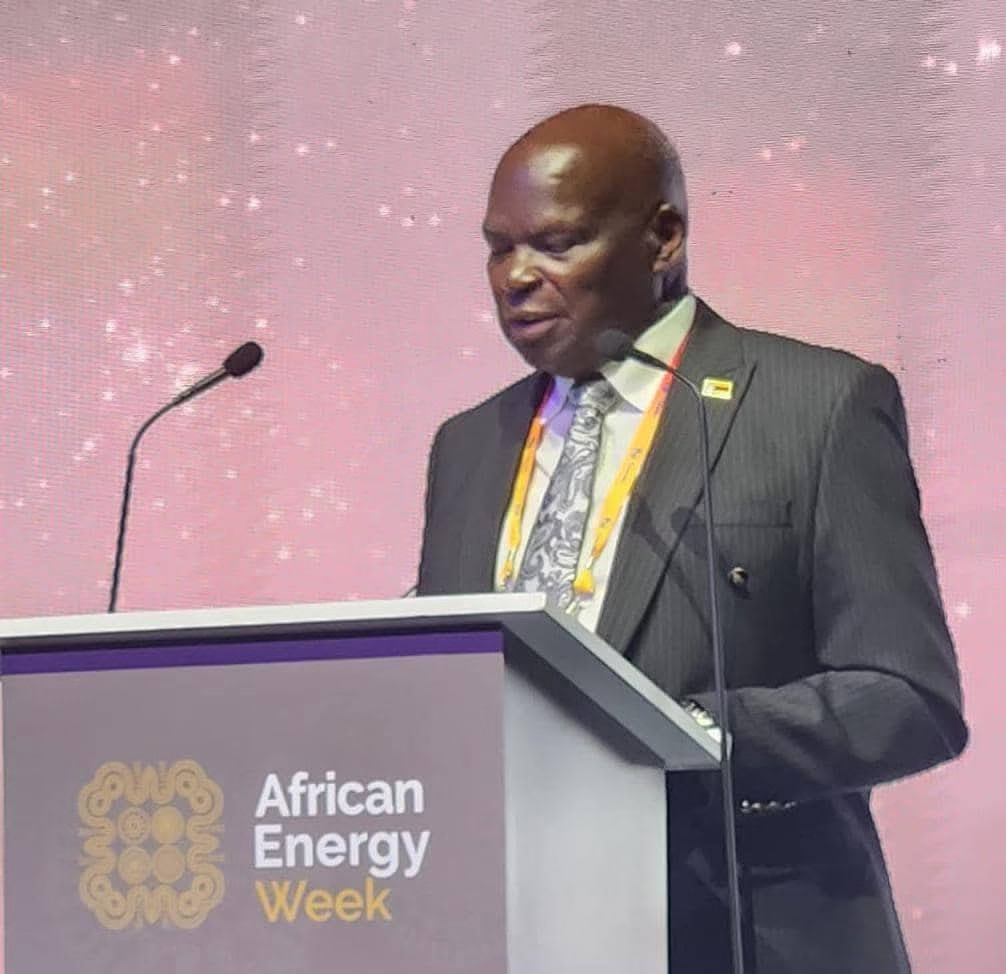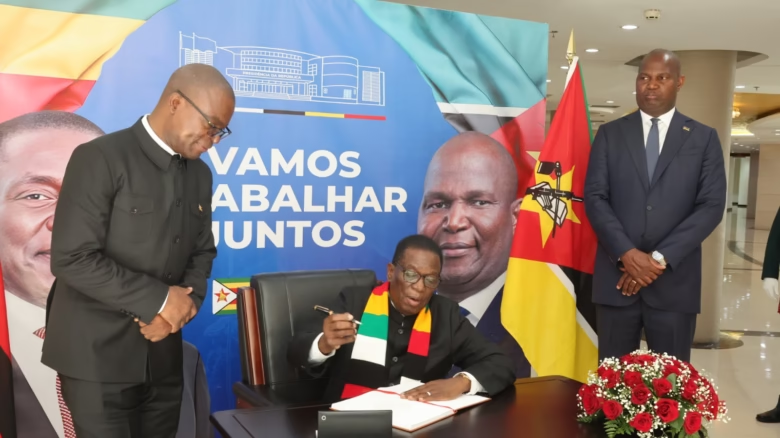
The 2025 edition of Africa Energy Week is unfolding in Cape Town, South Africa, bringing together leaders, investors and policymakers who are shaping the energy blueprint of the continent. At the heart of the deliberations is a shared recognition that Africa’s industrial revolution depends not only on ambition but on a carefully balanced energy mix that can power both modern industries and the homes of its citizens.
Zimbabwe’s Minister of Energy and Power Development, Honourable July Moyo, set the tone during the Powering Africa’s Industrial Revolution roundtable, where he underscored that the continent’s transformation requires pragmatic energy policies. Renewable energy, while central to sustainable growth, cannot on its own sustain the energy-hungry industries needed for large-scale economic expansion. Instead, Africa must craft a hybrid strategy—leveraging renewables, natural gas, and traditional power sources in tandem to ensure reliability and competitiveness.
Minister Moyo highlighted Zimbabwe’s strides in this direction, citing a policy framework anchored in investment in transmission and grid infrastructure, climate financing, green investment policies, and incentives for renewable energy development. These measures, he said, are backed by mechanisms such as public-private partnerships, independent power production, net metering, tax holidays, and guarantees against expropriation, all designed to attract private capital and boost energy production capacity.
The presence of Zimbabwe in such a high-level energy forum reflects a broader continental realisation that energy is the bedrock of industrialisation. For Zimbabwe, the push to integrate renewable power with conventional energy systems is more than policy—it is a necessity for achieving national goals of value addition, mineral beneficiation, and job creation under Vision 2030.
As the conference continues until October 3, sessions will focus on raising capital for large-scale projects, expanding processing capacity, and integrating natural gas into Africa’s energy strategies. These discussions are not abstract—they represent the kind of choices that will determine whether Africa can break free from cycles of underdevelopment and chart a future driven by its own resources and innovation.
Africa Energy Week has once again highlighted that energy is not just a technical sector but a strategic foundation for sovereignty, industrialisation, and prosperity. Zimbabwe’s contribution to the dialogue demonstrates a growing alignment with the continental vision, affirming that the path to a stronger Africa lies in harnessing every available energy source to light factories, power innovation, and fuel inclusive growth.




